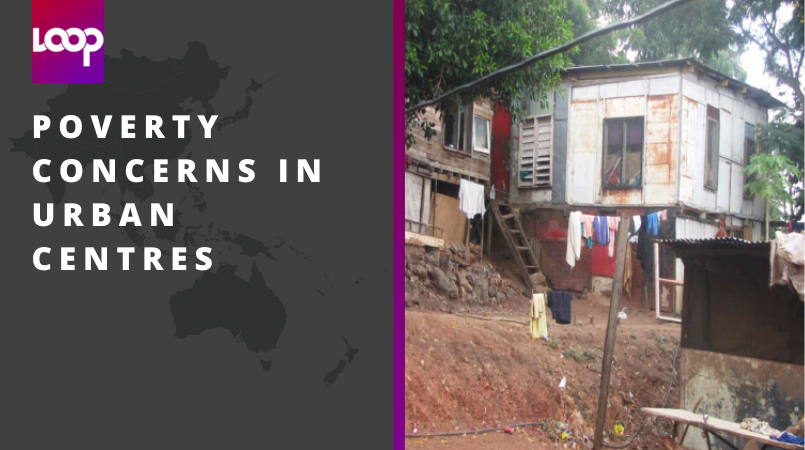
Poverty is becoming an issue of major concern especially in the urban areas of Papua New Guinea (PNG). Yet, it is difficult for people to admit that poverty exists in the country.
This is simply because traditional social values and kin-based society take care of those in need. Those who have more always assist those in need. However, this traditional support system is breaking down gradually.
The National Research Institute (NRI) Spotlight Volume 16, Issue 11 titled “Papua New Guinea is facing the development challenges of poverty in urban centers” by Senior Research Fellow, Dr Philip Kavan, focuses on urban poverty and suggests strategies to mitigate poverty.
The paper looks into the four areas of importance:
- Characteristics of urban poverty;
- What causes poverty;
- Groups affected by poverty; and
- Poverty reduction strategies.
Poverty is robbing people of their dignity, potential, and in some cases, their lives. Traditional social values and kin-based practices of taking care of those in need have broken down.
The most important factors that cause poverty are lack of jobs, no land for farming, and no access to education, water supply, healthcare, transport, and markets. Children, youth, and women are most affected by poverty.
Poverty reduction strategies must be informed by a better understanding of the needs, views, and priorities of the poor and implemented through a collaborative approach led by the government with the participation of churches, the private sector, NGOs, and communities.
The publication can be accessed on the PNG NRI website https://www.pngnri.org.
